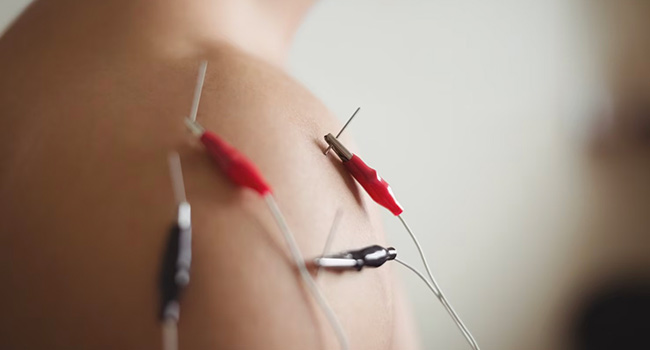
If you've ever had a gastroscopy, you might know that it can be quite uncomfortable. But what if there was a way to make this procedure less distressing? A clinical trial aimed to explore whether electroacupuncture could help reduce discomfort during and after gastroscopy.
Gastroscopy and Electroacupuncture
Gastroscopy is a medical procedure where a thin tube with a camera is inserted into your stomach to check for any issues. It's important for diagnosing problems like stomach pain, ulcers, and more. However, some people find it uncomfortable or even a bit painful. The adverse effects include nausea, vomiting, throat discomfort, pain, bucking, or salivation, and these adverse reactions can lead to procedural anxiety, affecting diagnosis and delaying treatment.Electroacupuncture is a form of acupuncture where tiny electrical currents are used to stimulate specific points in the body. It's a traditional Chinese practice that's believed to help with pain and discomfort. However, the clinical evidence of the beneficial effects of electroacupuncture in gastroscopy patients is limited.
Clinical Trial
Researchers conducted a clinical trial involving a group of people who were about to undergo gastroscopy. The participants were divided into two groups: one received electroacupuncture (EA), while the other did not (this group served as the control). The goal was to compare the levels of discomfort experienced by both groups during and after the gastroscopy.Patients in the EA group underwent treatment at acupoints LI4 (Hegu), PC6 (Neiguan), ST36 (Zusanli), and ST34 (Liangqiu) for 30 min before gastroscopy, whereas patients in the control group underwent superficial acupuncture at non-acupoints. The patients' nausea level, throat discomfort, bucking, and agitation were evaluated using a visual analogue scale (VAS) within 30 min after gastroscopy and the mean VAS score was the primary outcome.
